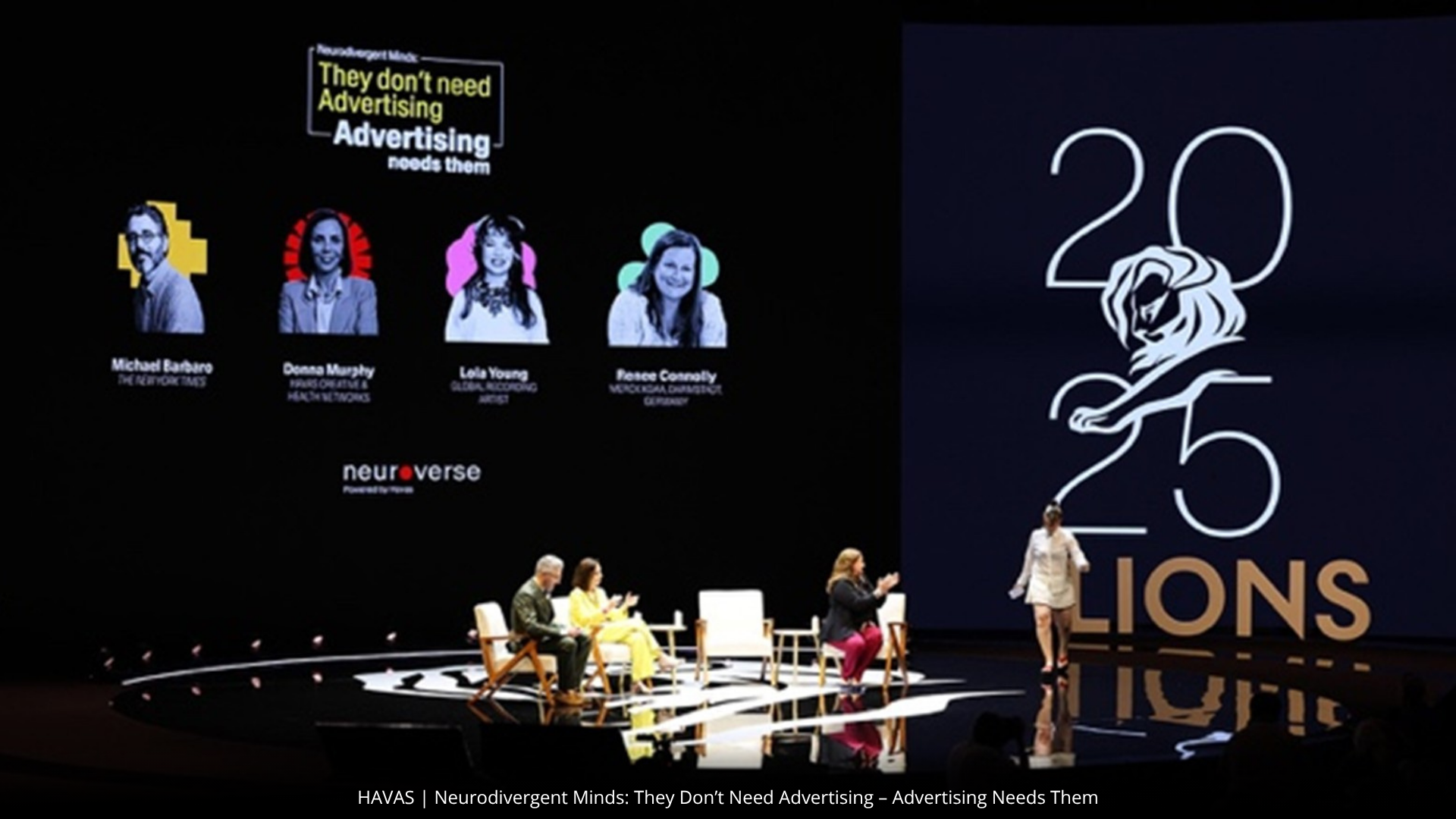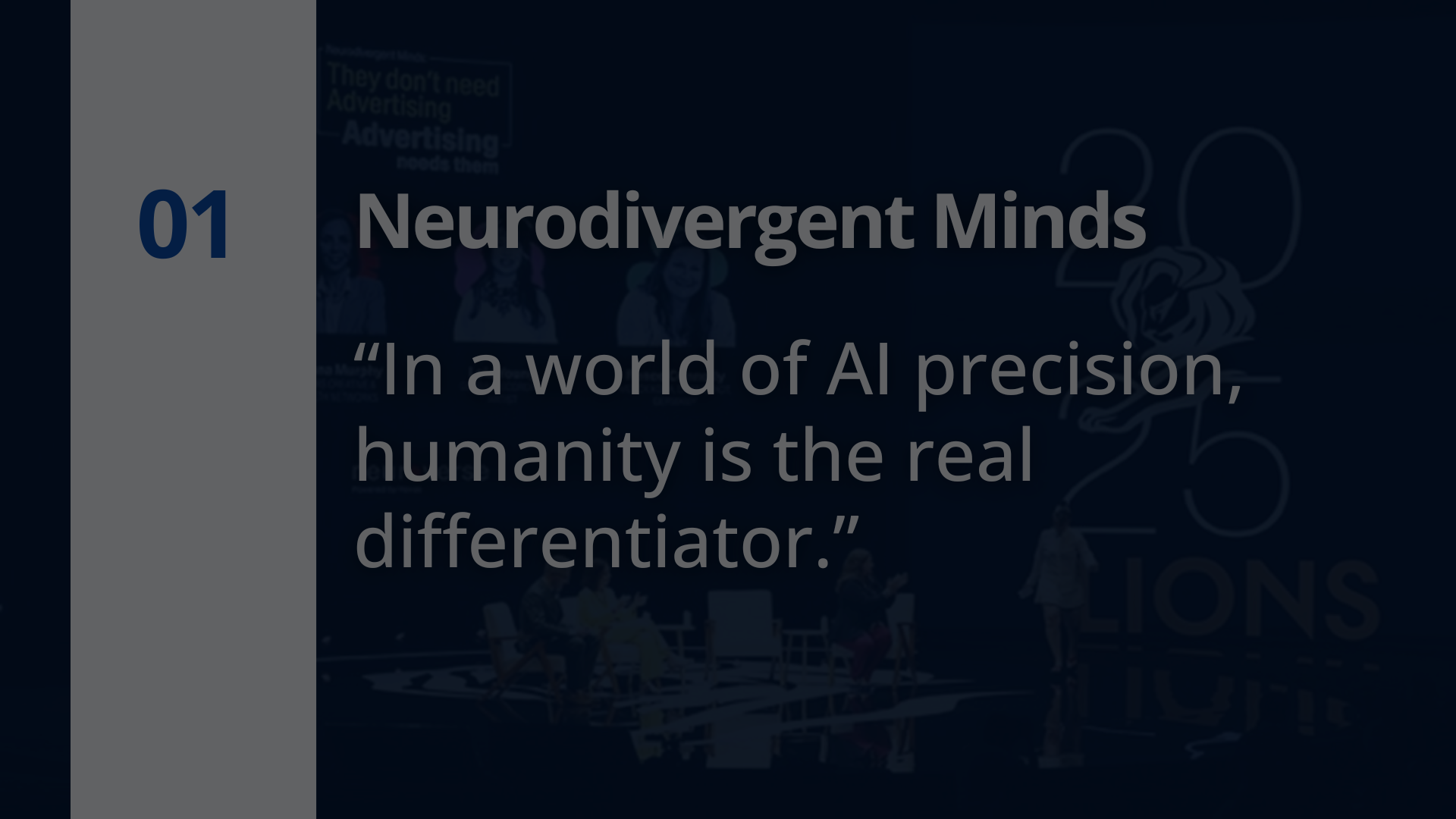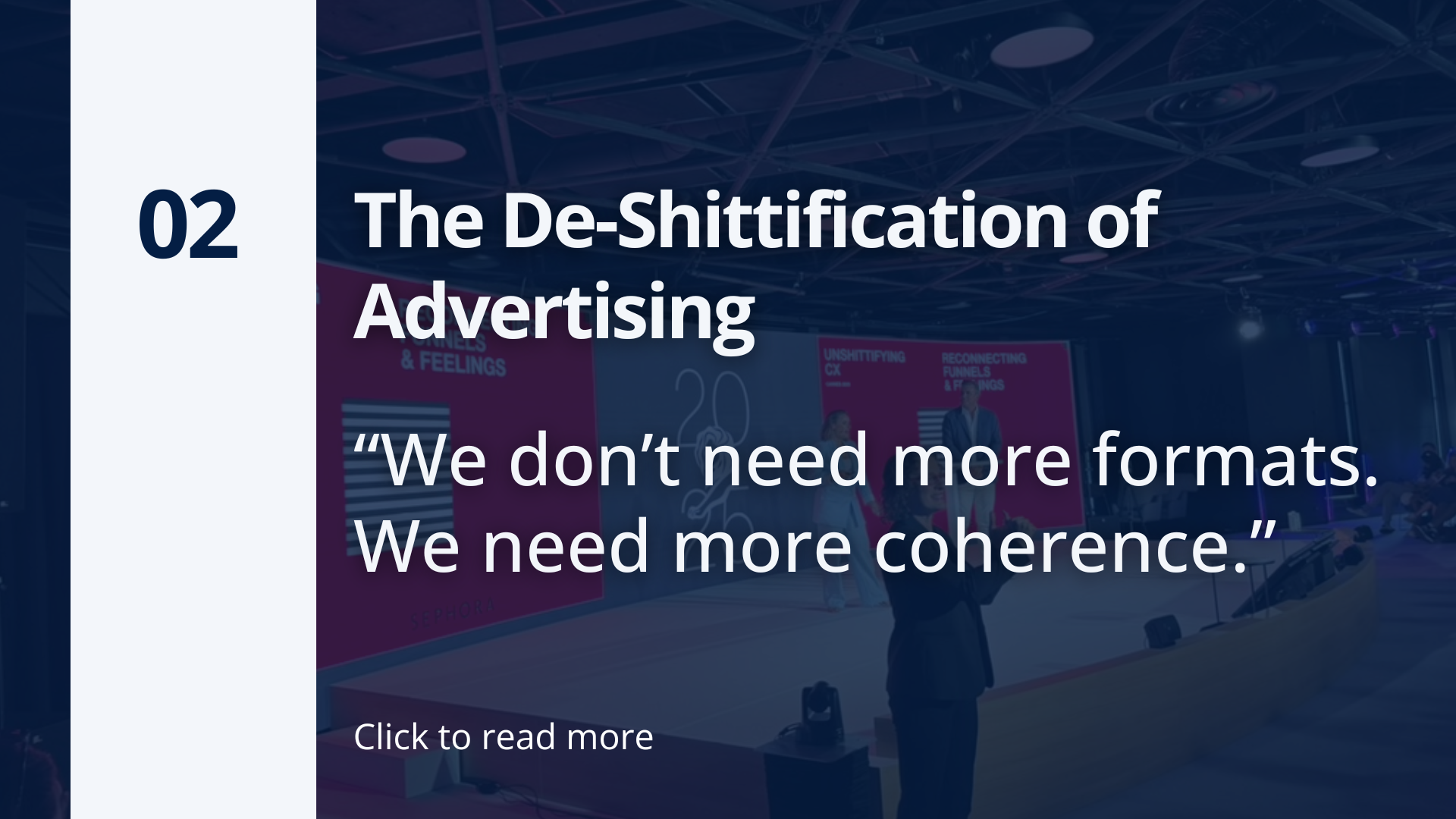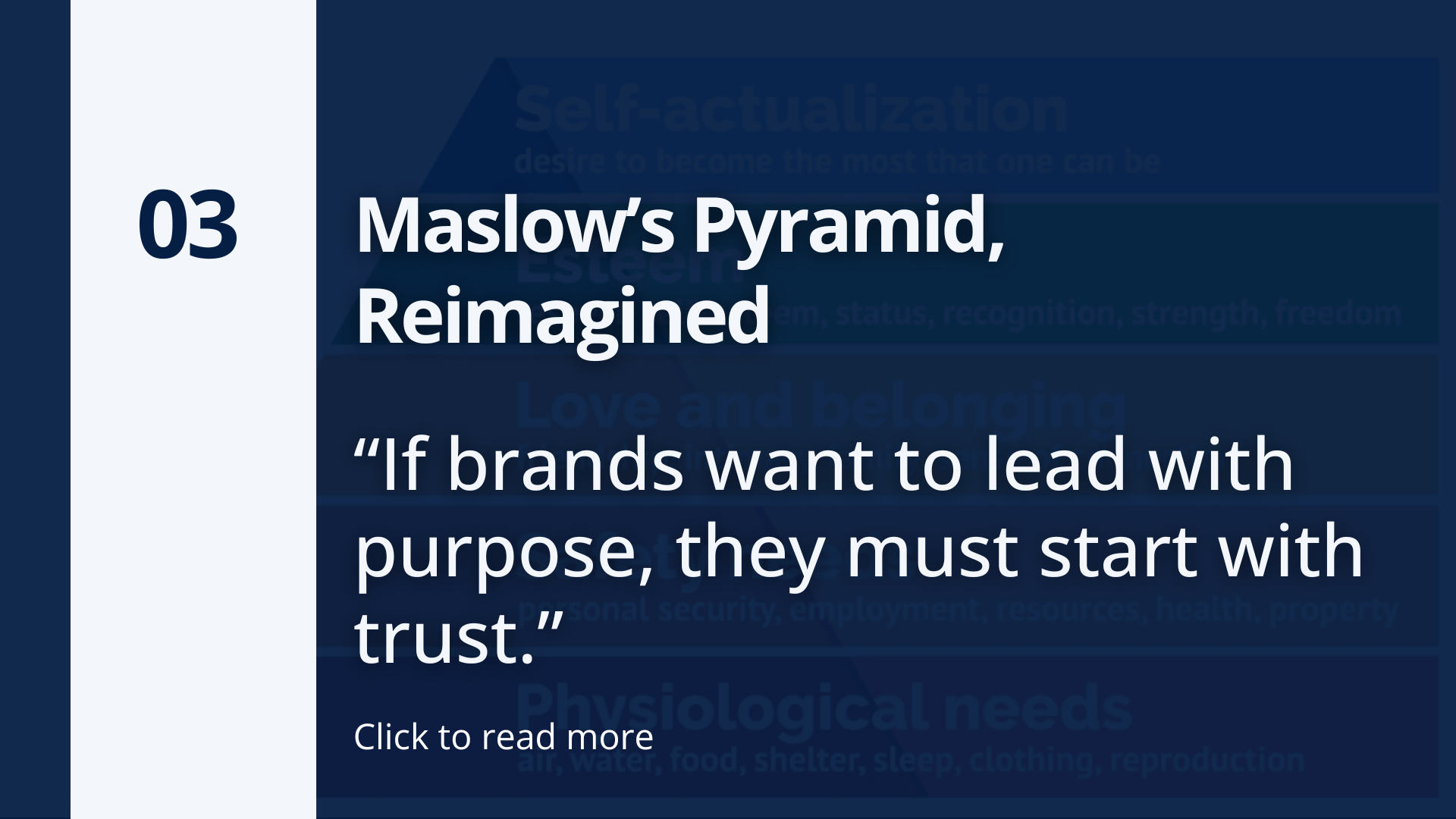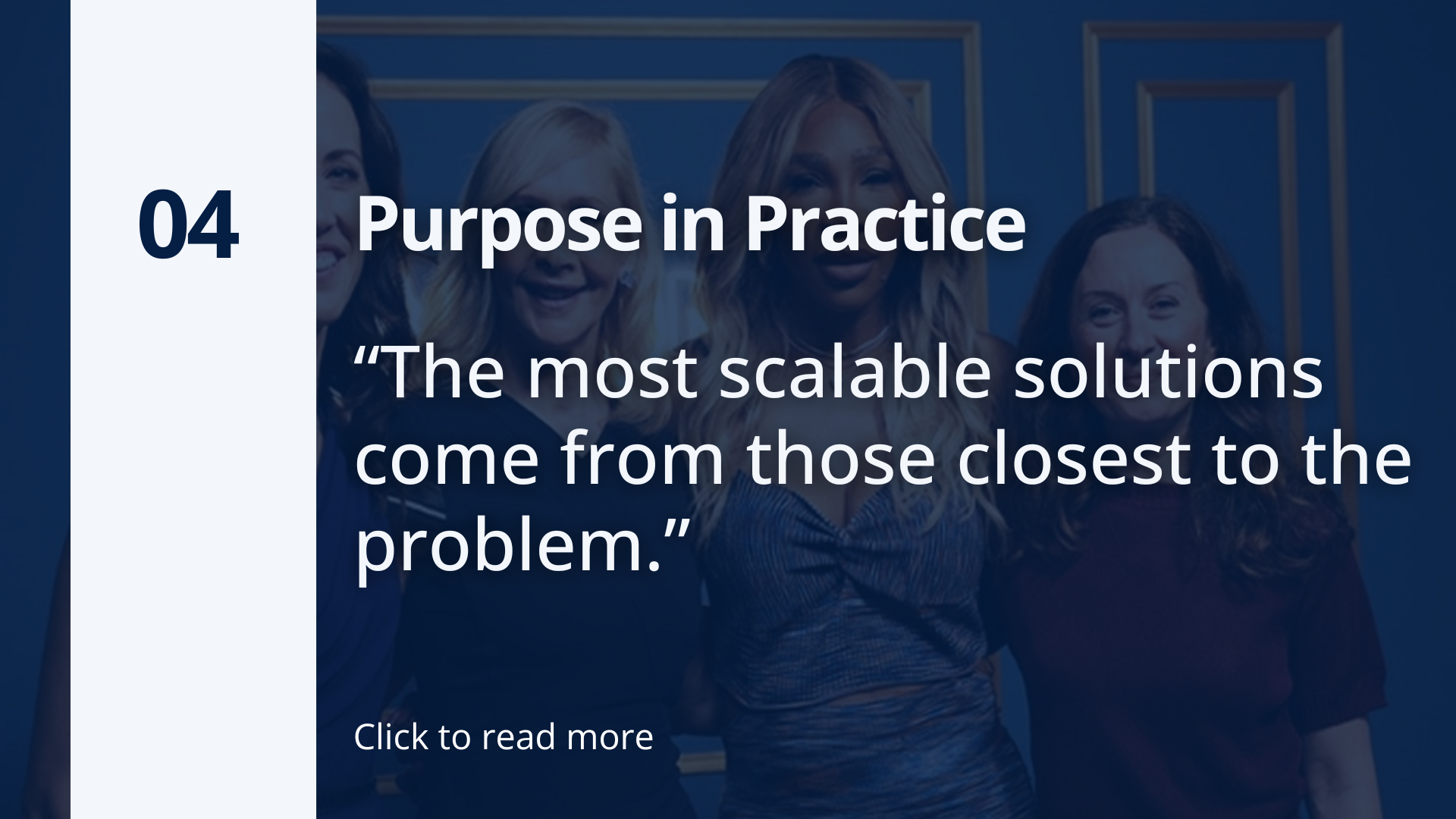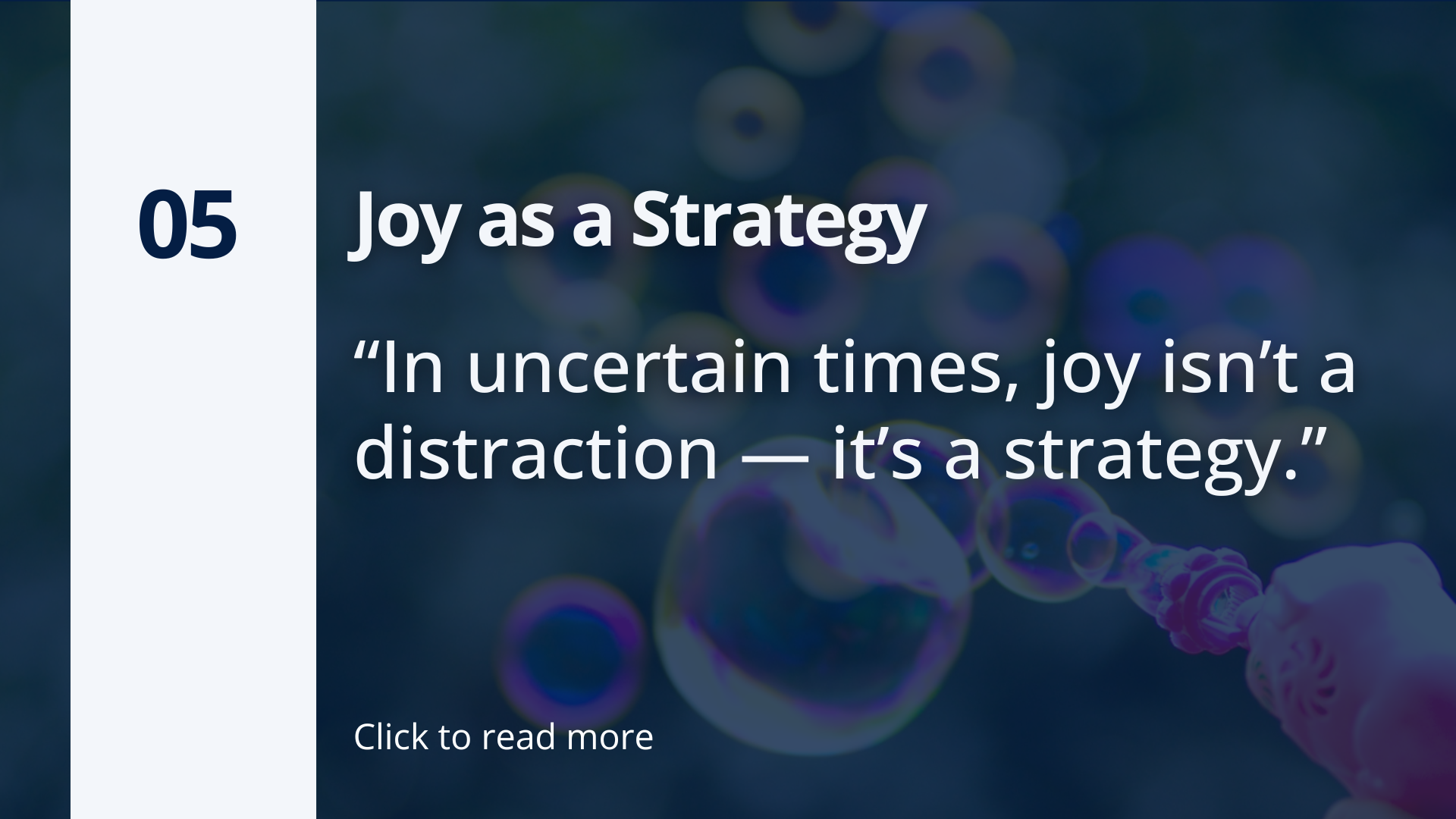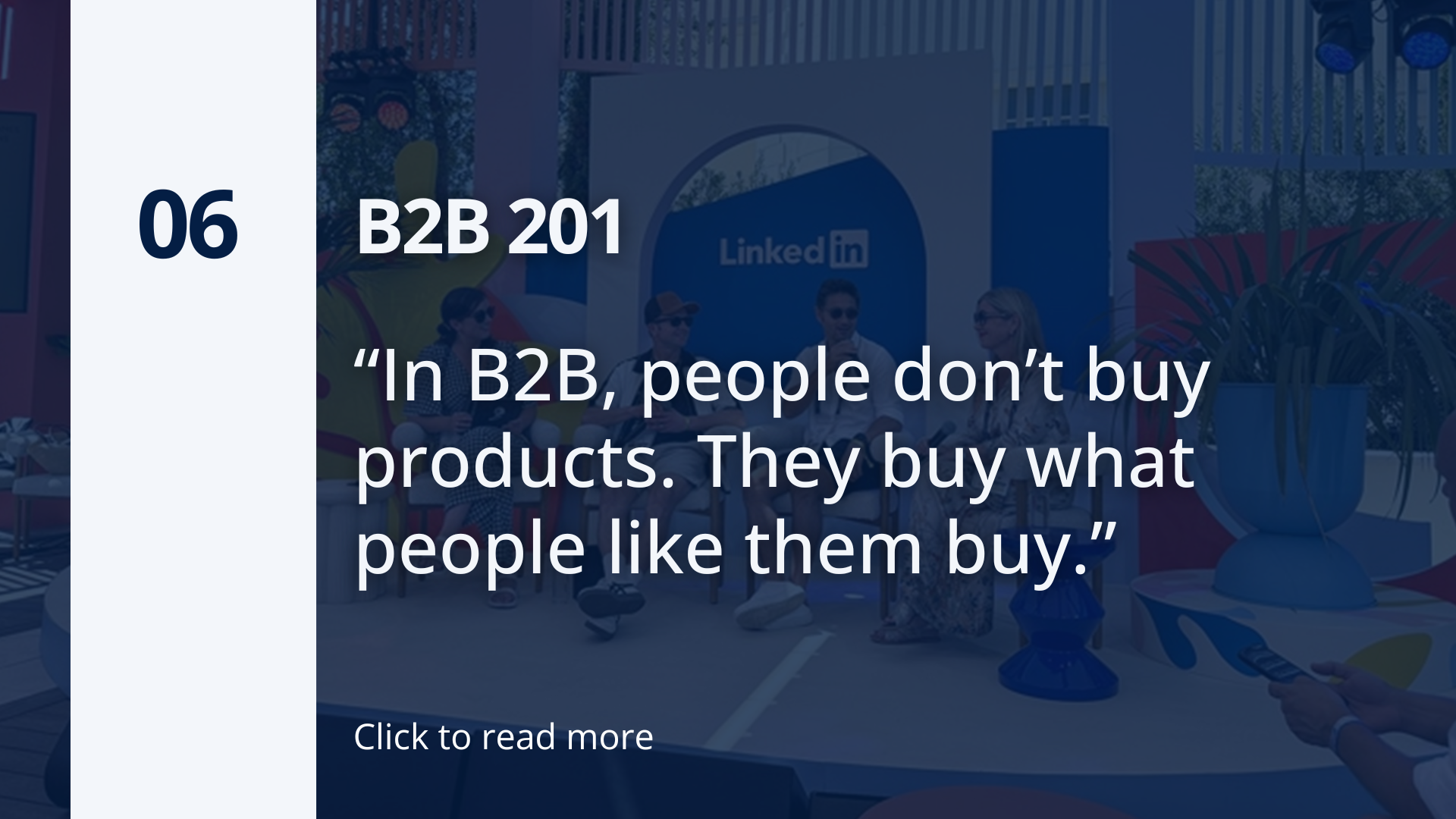By Sonia Carreno, President, IAB Canada
Neurodivergent Minds They Don’t Need Advertising – Advertising Needs Them
Amidst the AI buzz throughout the La Croisette another conversation started to rise above the noise — not because it was the loudest, but its clarity. Neurodiversity, long sidelined as a topic of inclusion, took center stage today and it’s clear it needs to return to the boardroom as a strategic imperative. In a world increasingly defined by automation and uniformity, originality has become a premium and valued asset — and those best equipped to deliver it often don’t think in straight lines.
It was Neurodiversity Pride Day and a standout panel featuring Donna Murphy (Global CEO, Havas Creative and Health Networks), Lola Young (Global Recording Artist, Island Records), and Renee Connolly (Chief Belonging Officer and SVP, Life Science Communications and Branding at Merck KGaA, Darmstadt, Germany) brought this truth into sharp focus. What emerged was not a conversation about accommodation, but about creative acceleration, structural redesign, and competitive advantage.
Lola Young opened with a deeply personal reflection on receiving a late diagnosis – and the dissonance of moving through a world designed for different cognitive defaults. Reciting a poem she wrote for the occasion, Young gave voice to the often-invisible emotional labour of masking, conforming, and translating oneself to meet expectations. Her art, she explained, isn’t just self-expression – it’s a tool for survival.
Donna Murphy approached the topic with business acumen and urgency. Sharing the story behind Creative Spirit, a program that places neurodivergent individuals in employment, she cited data and case studies that proved the point: campaigns co-created with neurodivergent talent are not just inclusive – they’re more effective. One reached 24 million views in an hour and lifted awareness by 17%, not because it was perfectly optimized, but because it was emotionally precise and authentically made.
Renee Connolly spoke to the internal architecture required to support real inclusion. At Merck, her work spans policy, infrastructure, and culture – from Employment Resource Groups to expanded caregiver leave. Her central thesis: neurodiversity is not a challenge to be managed, but an opportunity to expand how we think, build, and lead.
Collectively, these leaders painted a picture of what’s next: a world where difference isn’t tolerated – it’s systemically enabled. Where creativity is no longer defined by neat timelines or linear logic, but by unexpected insights and adaptive brilliance.
In an era where AI can execute flawlessly but feel nothing, the differentiator is no longer efficiency – it’s humanity. And the future will belong to those bold enough to design with, not around, neurodivergent minds.
More Bold Ideas from Cannes Lions 2025
This article was published in Globe Media’s Coverage of Cannes Lions 2025
Sonia Carreno is a proud member of the Cannes Lions Advisory Board
